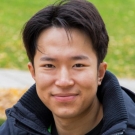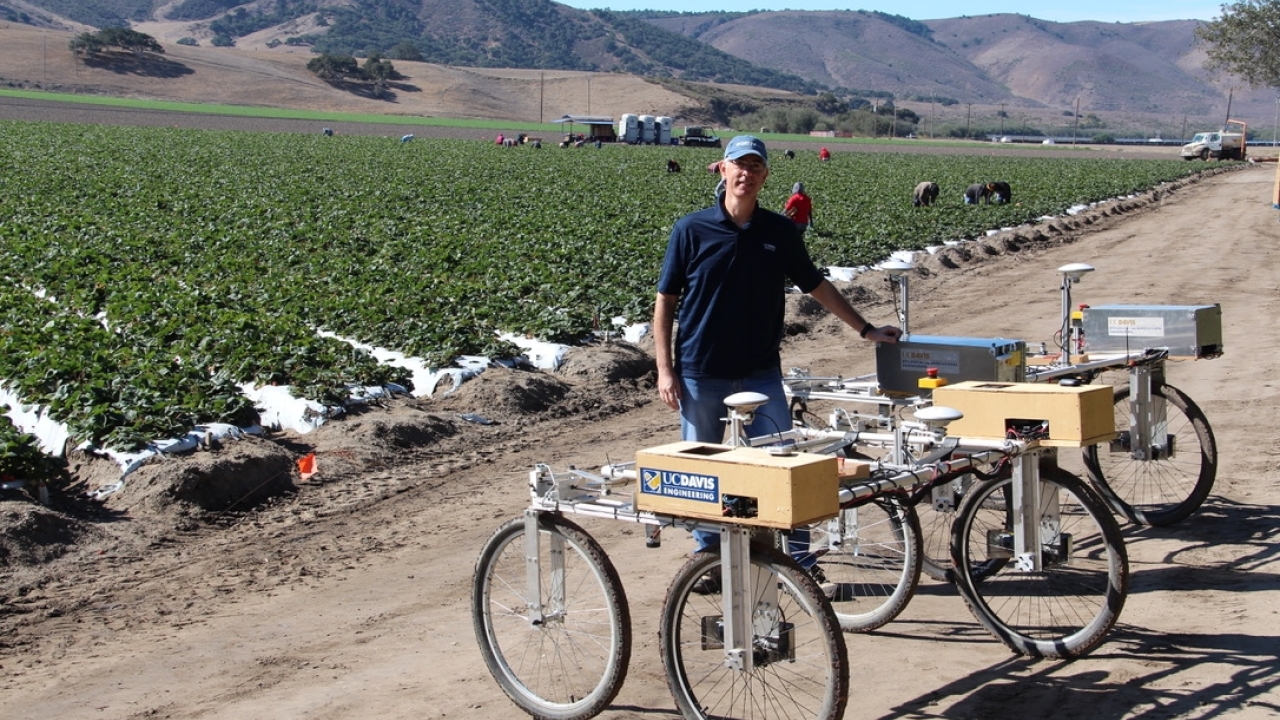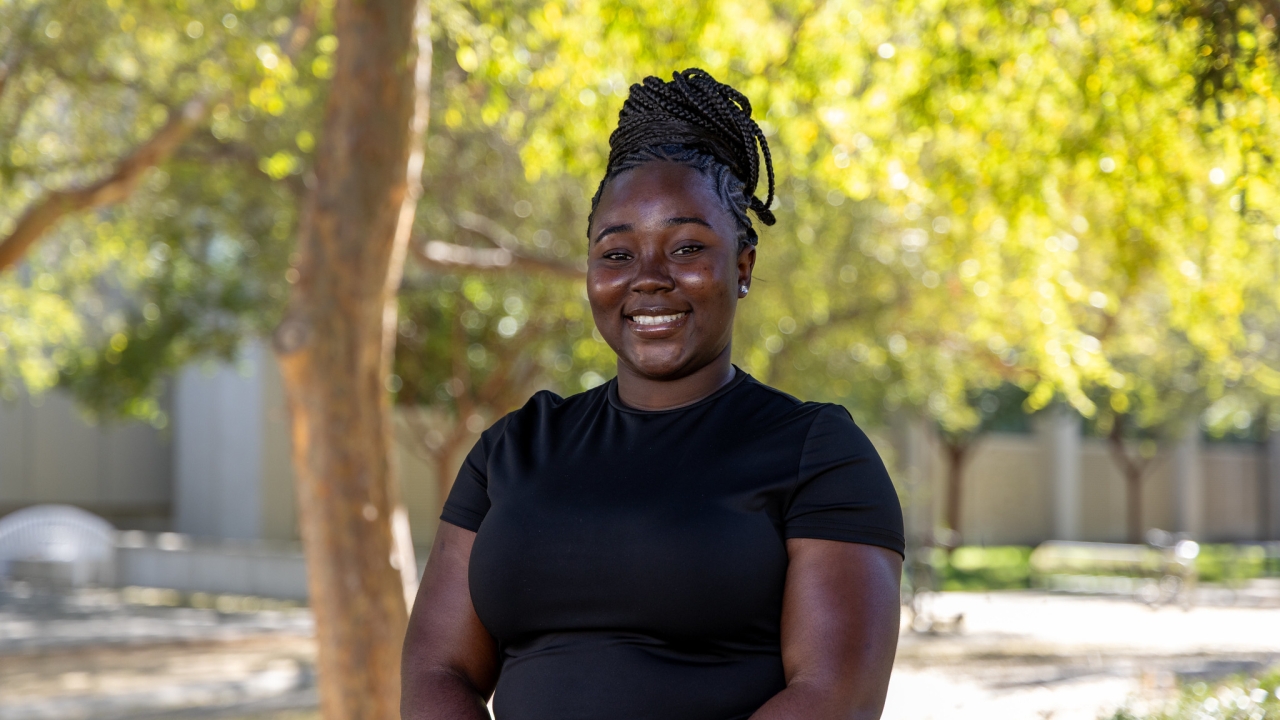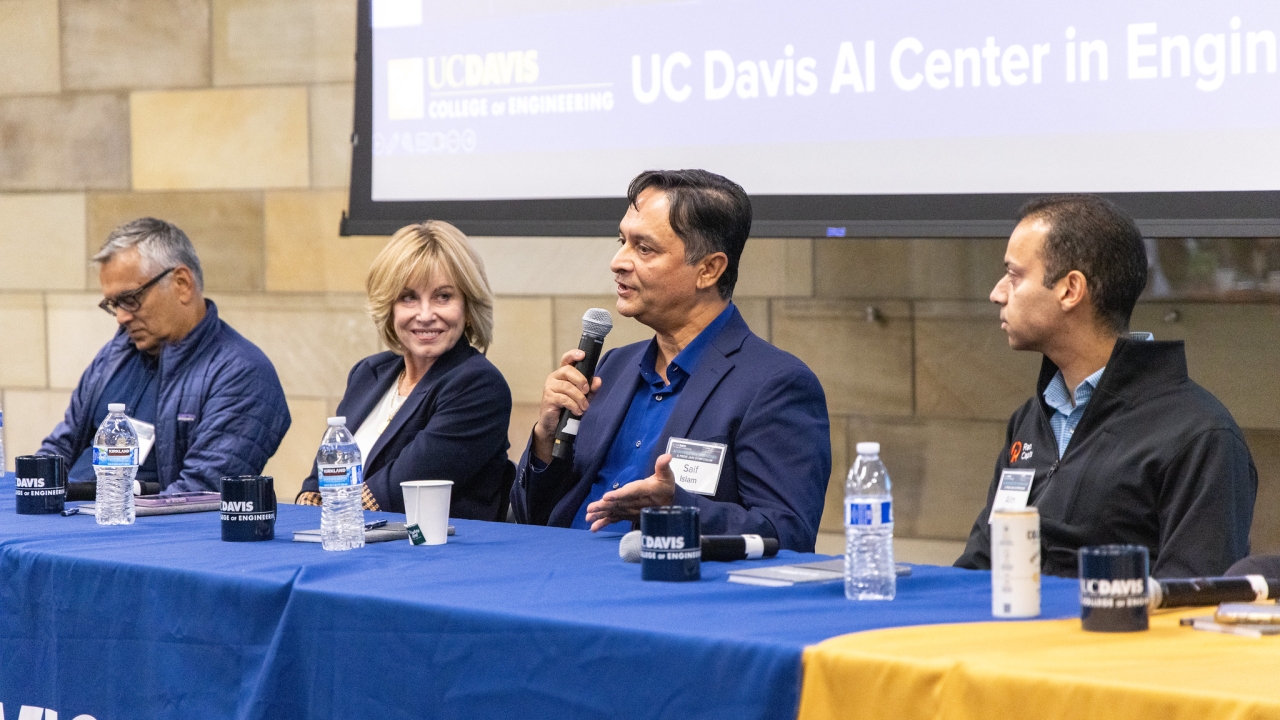New Assistant Professor Yubei Chen Pursues Dreams of AI
Electrical and computer engineering professor hopes to bridge gap between science and engineering to push boundaries of artificial intelligence
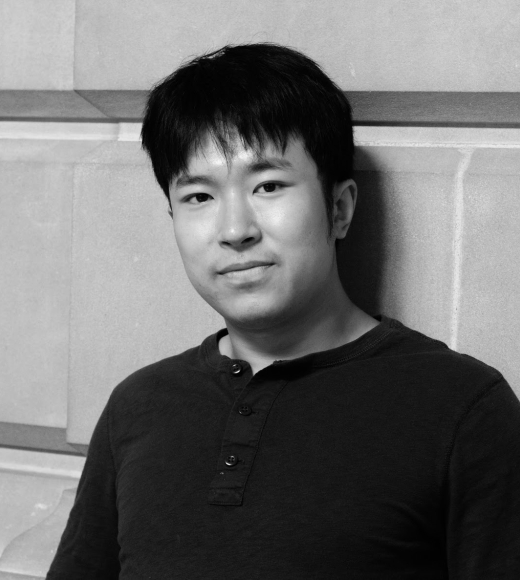
If artificial intelligence could dream is less of a philosophical question about humankind than an engineering problem for Yubei Chen, a new assistant professor in the Department of Electrical and Computer Engineering.
For him, a dreaming AI symbolizes the endgame of his research into unsupervised learning, or knowledge acquisition by machines without human intervention. It also represents his start.
"I found that I wanted to build a machine that could dream, [one that] could learn during the day and close its eyes and start to dream about what it had learned," said Chen, reflecting on his internship at Stanford University's Computer Graphics Lab in 2011. "When I thought about that problem, I started looking into the deeper questions in AI."
Chen's research exists at the intersection of computational neuroscience and deep unsupervised learning. His aim is to provide insights into the computational principles governing unsupervised learning in both brains and machines and to reshape our insights into natural signal statistics, a field that explores the structure of and how to model natural signals, like those that help the brain parse out the dimensions of its physical environment.
At the University of California, Davis, he has identified two core missions for his research program. One is to bridge the gap between engineering and science to facilitate advancements in AI. The other is to push the frontier of unsupervised learning in machines with world models built upon sensory, motor and memory representations.
The Space Between Science and Engineering
As informed by his interdisciplinary scholarship, Chen approaches unsupervised learning from an off-center perspective.
Since 2020, he has worked as a postdoctoral researcher and associate under Yann LeCun, the groundbreaking New York University computer science professor who won a Turing Award for his contributions to deep neural network computing. In LeCun's labs, Chen engineered unsupervised learning models from neural and statistical principles, among other state-of-the-art innovations.
At the University of California, Berkeley, he received his doctorate in AI through the guidance of Bruno Olshausen, a computational neuroscientist who researches, rather than engineers, the information processing strategies of a human's visual system. Before that, Chen earned a master's in mathematics and another in electrical engineering and computer science from UC Berkeley in 2015 and 2018, respectively.
Encouraged by advisors like LeCun and Olshausen, he believes there needs to be more communication between science and engineering.
"My philosophy in turning engineering toward science is that we need to look at our engineering practice and think about how we can build something as simple as possible," Chen said. "That potentially gives us a lot of ideas to look into understanding how the systems work in the first place."
Chen explains that recent AI advancements, such as ChatGPT, stem from engineering. Despite this progress, he says we don't understand how many AI systems work.
"We are still in the pre-Newton era, in the sense that we have a lot of observations that we can build an AI system with, it works, but we don't understand why. If we can answer the 'why' question, the practice will turn from engineering to science."
This scientific understanding — an ostensible physics of AI — would, Chen believes, empower engineers to create more sophisticated designs that reach the next frontier of AI models.
The Dream Frontier of Artificial Consciousness
Current AI models require significant human involvement. Humans must label large datasets, such as images of dogs, for an AI to digest, which requires painstaking effort to spell out the value or meaning of those images in simple terms. Yet, even after all this, an AI may still fail to recognize a dog in a panel of photos depicting different animals.
In contrast, the human brain can learn new concepts and apply previous knowledge of the world without direct supervision, often with minimal examples. Chen wants to mimic this sophistication in AI by optimizing the unsupervised learning capabilities of machines.
He hopes to achieve that by continuing to engineer more straightforward and more understandable learning models for AI. Another is his push toward creating world models. World models are not unlike the human brain's ability to imagine how it would be to walk through a grassy meadow with closed eyes.
"I think world models are an important direction because they essentially combine different pieces of unsupervised learning: the sensory, the motor, and the memory," Chen said. "It's a way to build a model that gives you the fundamental understanding of your environment."
This investigation of how to build world models is to improve unsupervised learning. In addition to revealing insights into how the human brain functions, the interest in world modeling supports Chen's motivation to build an AI that can dream.
"I think the dreaming process is essentially an unsupervised learning process," he said. "You have to learn representation about the environment that involves the sensory, motor and memory sequences to dream. I think that this question [of a dreaming AI] ties the different pieces of my work together."
Chen's improved unsupervised learning models should be able to tackle more complicated problems and larger datasets more efficiently than current AI.
The Fruitful Opportunities of Northern California
Thanks to his time at UC Berkeley, Chen says he has connections to researchers working with AI in the San Francisco Bay Area and Sacramento region. He wants to deepen these friendships and further leverage the academic pipelines between the two northern University of California campuses to encourage collaboration.
"There are already a lot of connections between UC Davis and UC Berkeley, but I want to work on making them even stronger," he said. "I think this community needs more collaborations because the task [at hand] is very hard and challenging."

